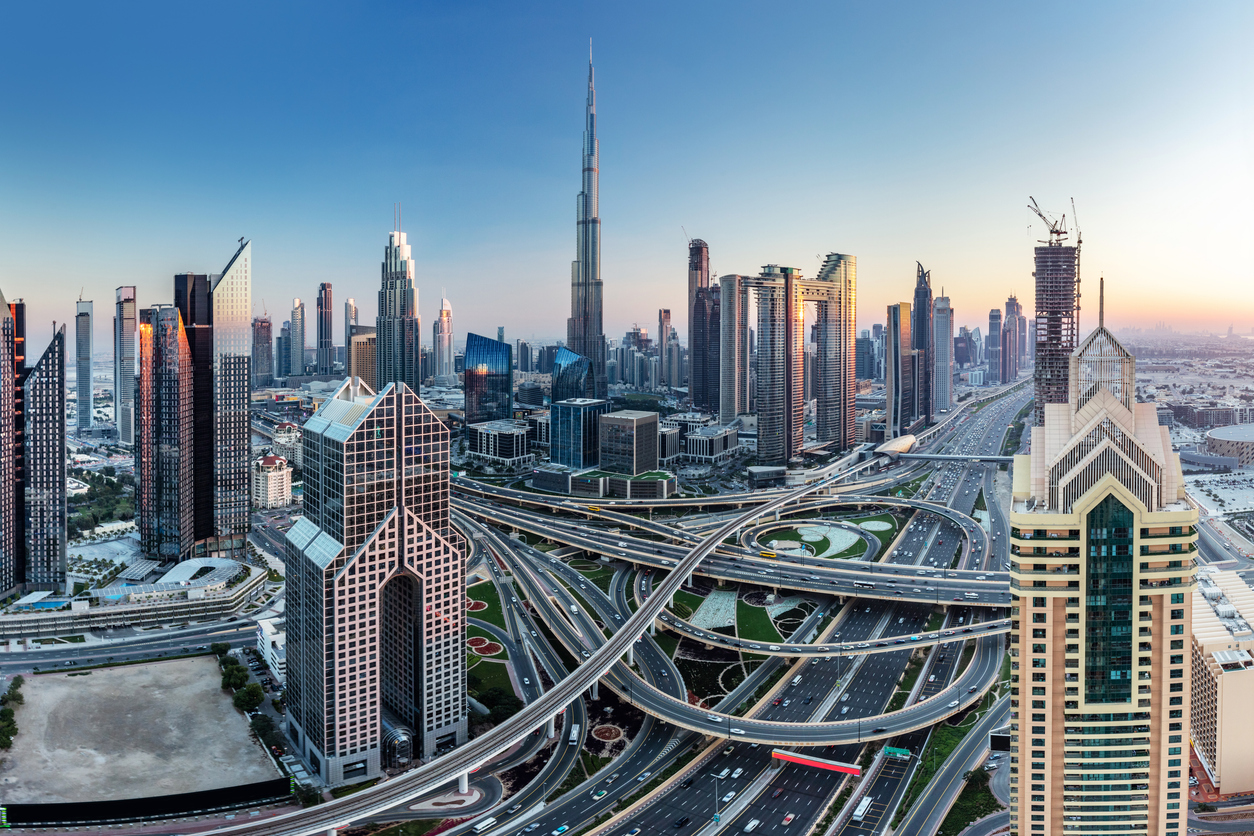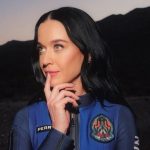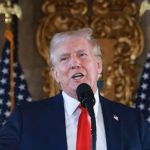UAE Becomes Africa's Top Investor Amid Concerns Over Labor and Environmental Standards
The United Arab Emirates (UAE) has cemented its position as Africa’s leading investor, committing over $110 billion to transformative projects between 2019 and 2023. This influx of capital has brought optimism for infrastructure development, renewable energy growth, and economic expansion across the continent. However, concerns about labor rights violations, environmental degradation, and governance challenges have shadowed this ambitious investment strategy.
A Financial Powerhouse in Africa
The UAE’s surge in Africa is unmatched. Its $72 billion investment in renewable energy far surpasses commitments made by traditional investors like the UK, France, or China. As Western nations scale back their investments due to disappointing returns on past infrastructure projects, the UAE has stepped in to address Africa’s critical funding gaps.
Notably, African leaders, frustrated by unfulfilled climate finance pledges from developed nations, have turned to Emirati investors for solutions. For instance, at the recent COP29 climate summit, wealthy nations pledged $300 billion annually, far short of the $1.3 trillion sought by developing countries. The UAE’s robust financial commitments have positioned it as a key partner in Africa’s transition to green energy.
“African nations urgently require this funding for their energy transitions,” said Ahmed Aboudouh, associate fellow at Chatham House. “Emirati investors are stepping in to fill these gaps, but their approach often deprioritizes labor rights and environmental standards.”
A Strategic Presence Across Multiple Sectors
The UAE’s investments are not limited to energy. Its influence is felt across several vital sectors:
- Ports and Logistics:
- DP World, owned by Dubai’s royal family, operates six ports across Africa and plans to construct two more.
- Abu Dhabi Ports oversees Guinea’s Kamsar port and has expanded operations to Egypt, Angola, and the Republic of Congo.
- Airlines:
- Emirates airline, headquartered in Dubai, connects 20 African nations to the Middle East and beyond, strengthening trade and tourism ties.
- Mining:
- In a landmark deal, International Resource Holdings (IRH), linked to Sheikh Tahnoon bin Zayed, acquired a 51% stake in Zambia’s Mopani Copper Mines for $1.1 billion. This investment is expected to revitalize the struggling mine, safeguard jobs, and boost Zambia’s copper output.
- Agriculture and Carbon Credits:
- Sheikh Ahmed Dalmook al-Maktoum has inked deals to sell carbon credits from forests in Zimbabwe, Liberia, Zambia, and Tanzania, underscoring the UAE’s growing interest in sustainable agriculture and climate-focused investments.
Unmet Promises and Growing Concerns
Despite the UAE’s ambitious plans, several projects have struggled to progress. For example:
- A $34 billion green hydrogen initiative in Mauritania remains in its preliminary stages.
- Masdar’s $2 billion solar energy project in Zambia has faced delays due to financial instability at ZESCO, Zambia’s state-owned energy provider.
Additionally, a darker side of Emirati involvement has come to light. NGOs such as Swissaid have documented widespread gold smuggling, with over 2,569 tonnes of gold worth $115.3 billion unaccounted for between 2012 and 2022. These findings highlight governance lapses and underscore the risks of increased foreign involvement without robust oversight.
Ken Opalo, associate professor at Georgetown University, warned: “African nations need all the financial support they can get, but unchecked investments risk enabling criminal activities, as seen in the gold sector.”
Labor Rights and Environmental Issues Under Scrutiny
Critics have also raised alarms over the UAE’s track record on labor and environmental practices. The nation has faced global scrutiny for its treatment of migrant workers, and activists fear these issues could extend to Africa.
“Africa’s natural resources and human capital are valuable, but there’s a need for more transparent and ethical investment practices,” said a labor rights advocate. Activists argue that prioritizing short-term gains over sustainable practices could undermine long-term development goals.
Related: Record-Breaking Luxury Villa Sale in Dubai’s Emerald Hills: A Blueprint for Investment Success
A Broader Strategic Vision
The UAE’s investments in Africa are part of a larger strategy to diversify its economy and reduce reliance on oil. As Maddalena Procopio of the European Council on Foreign Relations observed, the UAE is focusing on East Africa but also aims to improve connectivity with Latin America. This strategic shift highlights its ambition to establish itself as a global trade and investment powerhouse.
While the UAE’s involvement brings much-needed capital, the continent faces a balancing act. African leaders must navigate the fine line between welcoming Emirati investments and ensuring these projects align with local interests, ethical standards, and long-term sustainability.
As the UAE strengthens its role as Africa’s top investor, it holds immense potential to reshape the continent’s infrastructure, energy, and economic landscape. However, concerns over labor rights, environmental sustainability, and governance cannot be ignored. The success of this partnership will depend on a shared commitment to equitable development and accountability.









